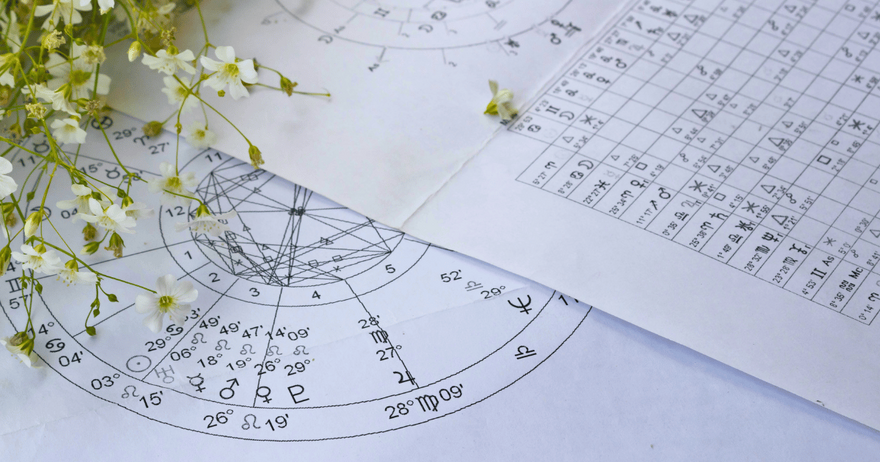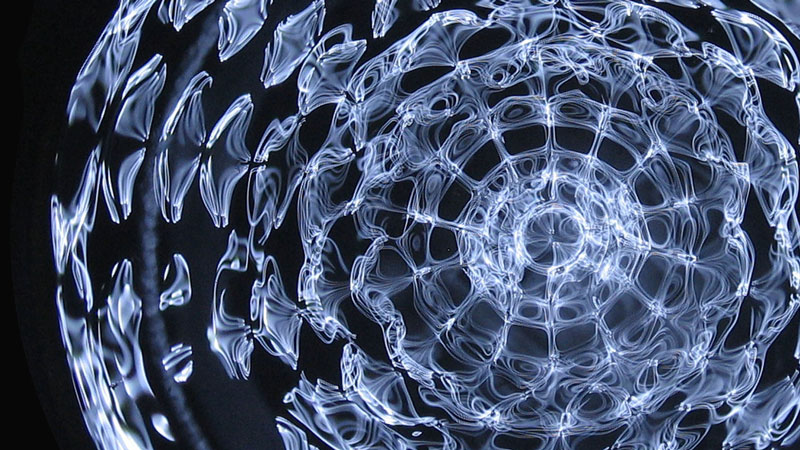4 Stages of Bringing a Portrait to Life: an Oil Painting Demo
[ad_1]
Master how to produce lifelike portraits by portray in levels. Gustavo Ramos shares the insider secrets guiding his masterful work in an oil portray demo of Mother and Kid.
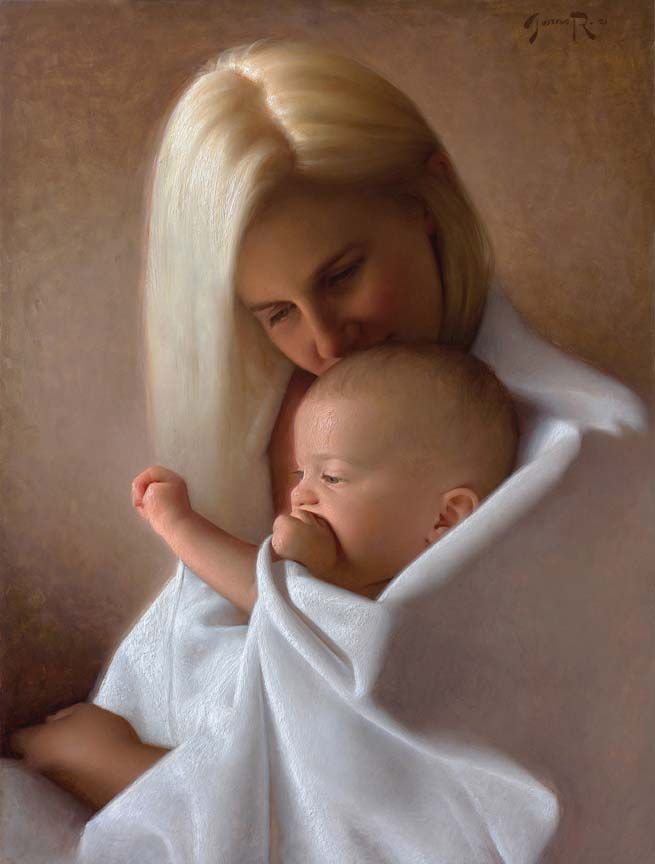
Stage 1: The Wipeout
To start off this painting, I coated the surface with a slim clean of transparent oxide red and ultramarine blue diluted with odorless mineral spirits. I applied this mixture with a rag and wiped the panel right until I accomplished a mild neutral tone. Then, I started out scheduling out the composition and drawing by carving out the lights with a kneaded eraser.
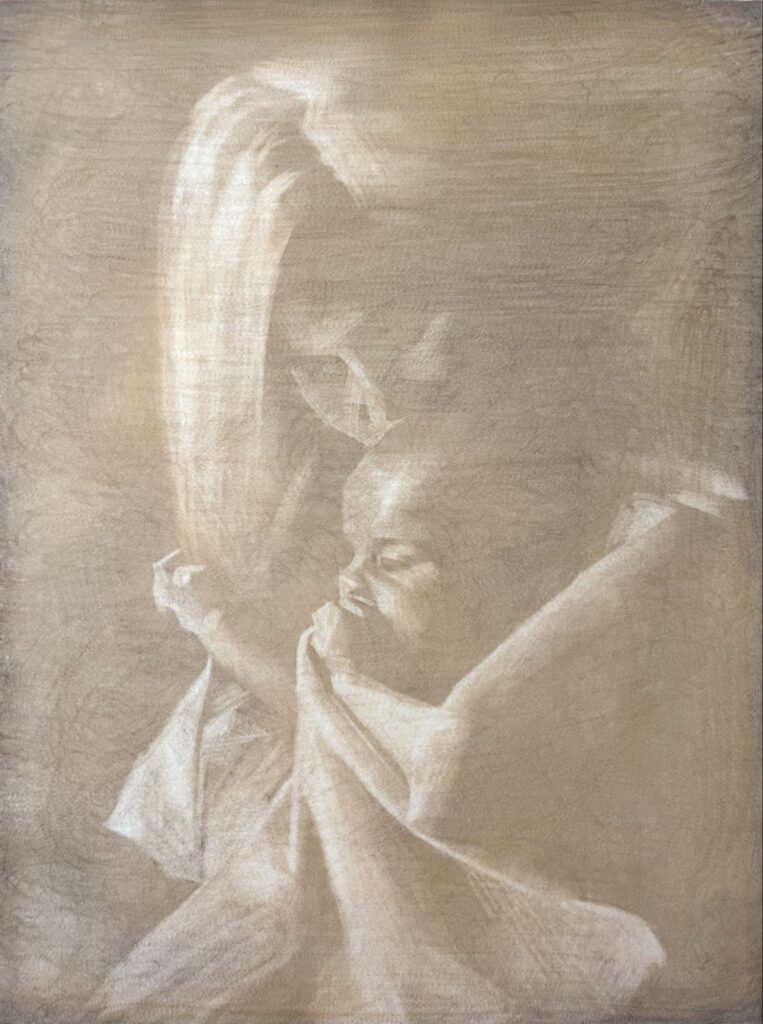
Phase 2: The Drawing
In the next stage, I switched from a mass mentality to a extra linear technique to refine the drawing. By meticulously positioning straight strains on the panel, I could figure out the rhythms and spatial interactions of the pose, working from big to modest. I stored my conté pencil sharp at all occasions and created subtle strategies of variety and volume as a warmup for the painting stage.
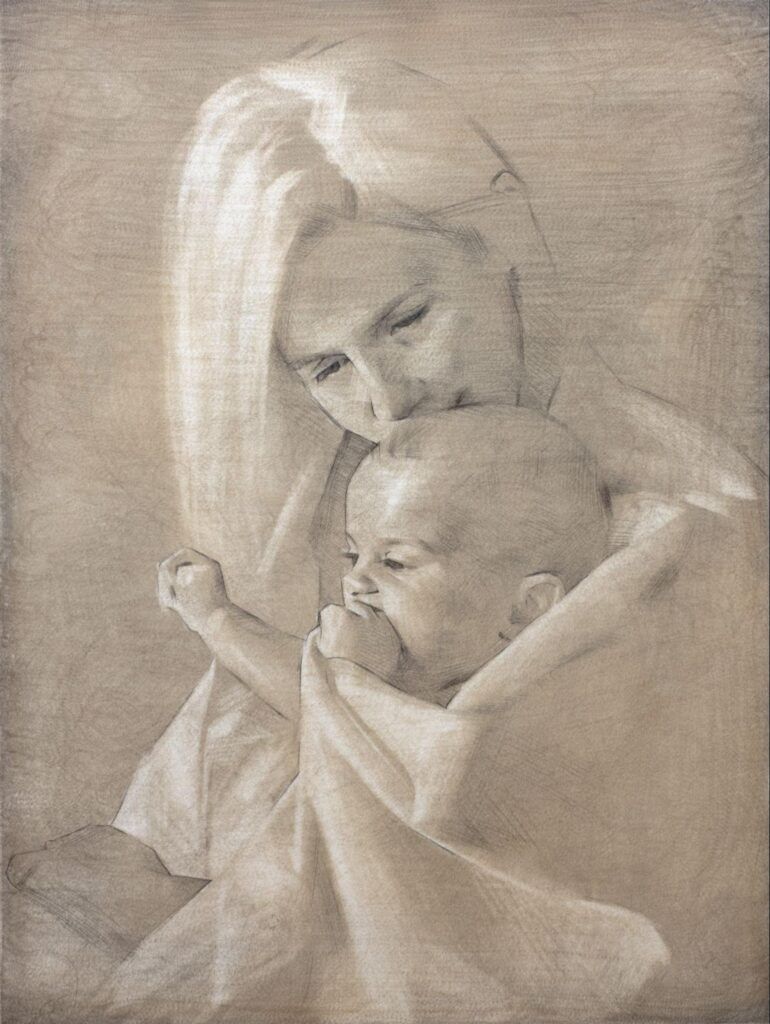
Phase 3: Portray the Total
With my drawing founded, my next aim was to address the whole surface area with a layer of paint. Using my complete coloration palette, I tried to do this in a single portray session, working broadly and making an attempt to fully grasp the shade and tonal interactions all over the piece.
I was basically attempting to seize an precise 1st impact. I think the greatest way to execute this is by operating on the whole portray at the moment rather than part by component. Using previous artificial brushes, I made sporadic marks that remaining an organic feel, which would clearly show as a result of in the concluded painting.
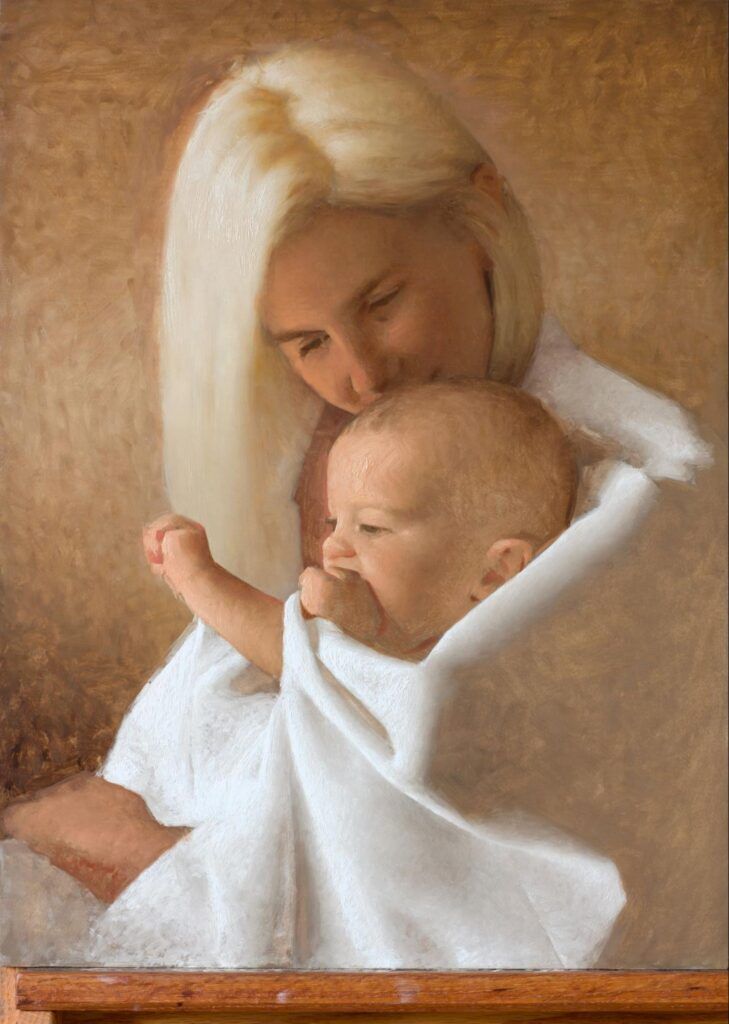
To bring the painting to completion, I painted over my original pass to precisely calibrate the colors and tones by using techniques such as glazing and scumbling.
In my previous pass, I intentionally leaned light, allowing for darker glazes in the upcoming passes to enrich the color and create a luminous “backlit” glow. I continued to be mindful of keeping my shadows transparent while adding more body to the lights.
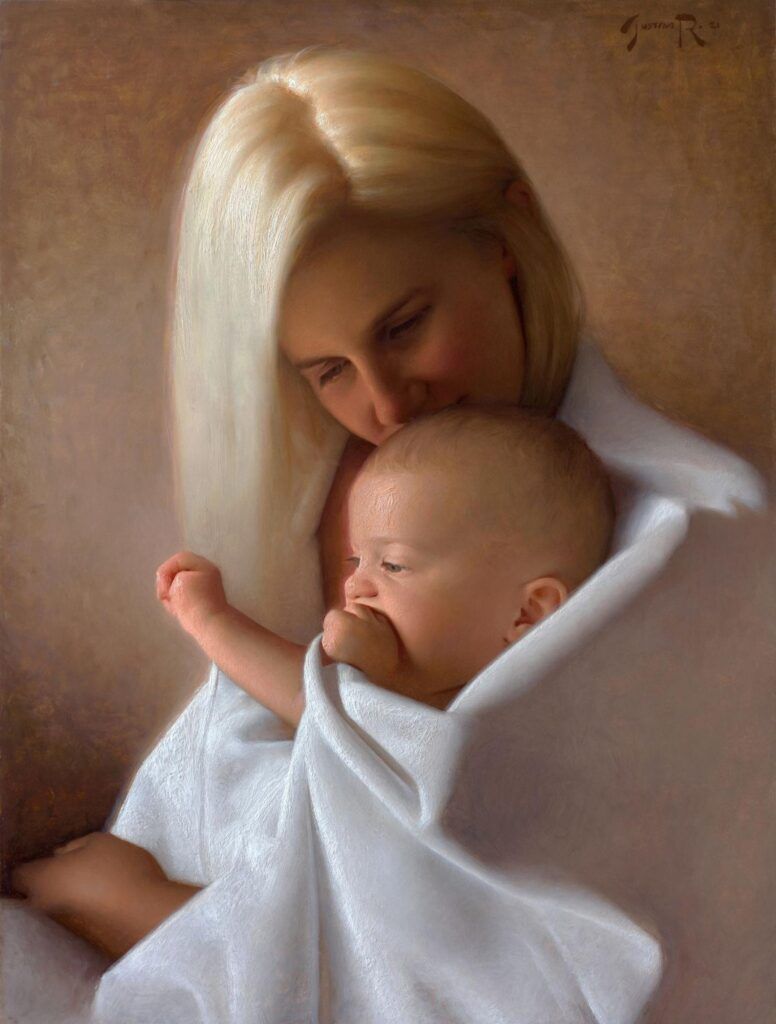
The Benefits of Painting in Layers
Some parts of this portrait were completely resolved within two layers, while others took as many as five layers to achieve my desired refinement and effect. Some of my other paintings can have as many as 10 layers on certain passages.
Painting with many layers helps me achieve close control of color and tone; I get closer to the right tone with each layer. The Old Masters like Leonardo da Vinci and Rembrandt knew they could not “get it right” with just one layer of paint, so it would be disrespectful for me to assume that I can.
Another advantage of painting in layers is the different effects that arise from the paint build-up. These effects are impossible to achieve with a single layer and help transform the painting into something deeper and more lifelike, rather than just paint.
See more of Ramos’ portraits: 8 Masterful Gustavo Ramos Paintings with Brilliant Form and Depth
Meet Gustavo Ramos Live
https://www.youtube.com/observe?v=2sbKWzxmKWM
About the Artist
GUSTAVO RAMOS (b. 1993 Brazil) is rapidly turning into a well known and sought-after oil painter in the realm of portraiture. His do the job has been exhibited in globe course venues, like the European Museum of Modern-day Artwork in Barcelona, the Rijksmuseum in Amsterdam, and Sotheby’s in New York Metropolis. Hook up with him on Instagram @gustavoramosart or investigate his get the job done at gustavoramos.art.
[ad_2]
Resource connection





